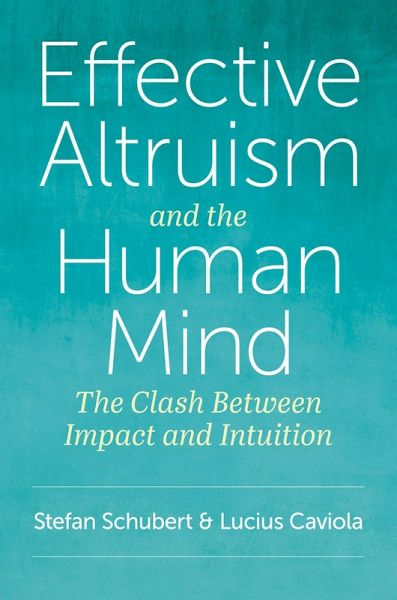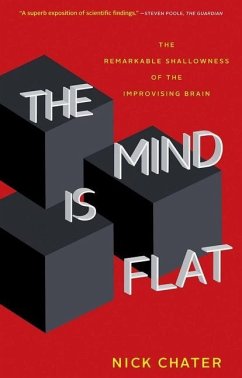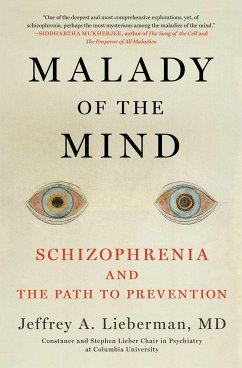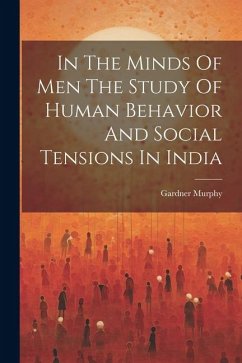
Effective Altruism and the Human Mind
The Clash Between Impact and Intuition
Versandkostenfrei!
Versandfertig in über 4 Wochen
87,99 €
inkl. MwSt.
Weitere Ausgaben:

PAYBACK Punkte
44 °P sammeln!
This book uses recent research and empirical evidence to give quantifiable psychological explanations for why people donate vast amounts of money to charities with limited impact, known as ineffective giving. It unpacks the influence of misconceptions, cognitive biases, preferences for emotionally appealing but ineffective charities, and offers strategies for overcoming the obstacles that contribute to the problem.













